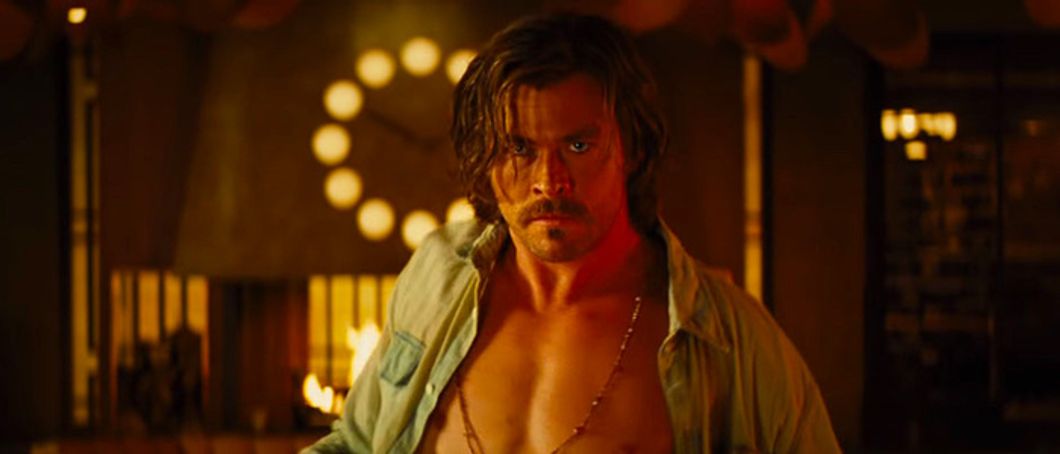Truth, Revelations, And Family In The Third Season of "True Detective"
There was no closure, but there was something more: family. And family is the truth above all truths.
Warning: This article will include spoilers of the entirety of the third season of "True Detective"
"The light's winning," Rust Cohle once said.
Each season of "True Detective" ostensibly deals with solving a crime and revealing larger conspiracies within powerful institutions. The widely touted first season dealt with an occult-like murder of a woman in rural Louisiana, Dorothea Lange, an occurrence connected to a string of similar incidences. The second season dealt with the murder of Ben Caspere, and the larger conspiracy within a diamond heist. The third season deals with a conspiracy of the powerful Hoyt family and its killing of a boy and kidnapping of a girl.
But more importantly and specifically, season 3 of "True Detective" is about revelations about life, truth, and family. Viewers, like myself, largely looked for a return to a season 1-esque story uncovering a grand pedophilia conspiracy by powerful ministers and senators in Louisiana, and two detectives' lifelong quest to find that conspiracy. For most of season 3, like most viewers, I thought that was where show creator, Nic Pizzolatto, was turning.
However, in the season finale, many saw the revelations as anti-climactic. Detectives Wayne Hays (Mahershala Ali) and Roland West (Stephen Dorff) simply go to the house of Junius Watts, the one-eyed caretaker of the Hoyt family, who reveals all the following information willingly:
Hoyt's daughter, Isabel, became delusional after losing her daughter and husband in a horrible accident, and then becomes attached to Julie Purcell, who bears much resemblance to her lost daughter. Isabel has Junius ask Julie's mother, Lucy, if Julie can spend time playing with Isabel in meetings, and Lucy agrees under the condition that she receive payment and that Will, Julie's brother, looks after Julie at these meetings.
At one meeting, Isabel goes off her medication against the knowledge of Junius. She becomes confused and kills Will and takes Julie to live with her in the Hoyt estate. Harris James helps cover up the incident and frames someone else, but for seven years, Isabel drugs Julie with lithium and locks her in her room. Julie escapes in 1997 with the help of Junius and flees to a convent, where she becomes a nun that helps others.
The truth of what happens to Julie Purcell is discovered in the season finale by Wayne: Julie went on to marry Mike Ardoin, a former childhood friend who had a crush on her. In the finale, we see Mike Ardoin with his daughter, Lucy, suggesting that Julie named her daughter after her mother. Knowing that people are looking to harm Julie, the nuns fake her death and claim that she passed away from HIV. He later goes to visit the place where Mike runs his business, his house, and discovers a woman that bears striking resemblance to Julie, confirming his theory.
By the end of the season, Wayne is reunited with the only people he has left, Roland, his son, daughter, and his grandchildren. Julie and Mike are reunited, and despite all the strife and chaos faced by all the characters in the story, they are healed by the presence of others in the midst of all their suffering. Despite where the season seemed to go, Julie has a happy ending at the end.
The truth and revelation of Julie's fate, however, was made possible by fictions and false truths. One of these is that Isabel was her real mother, and another is that Julie died in 1995 of HIV at the convent. Mike Ardoin has to carry Julie's secrets to keep her safe.
But more importantly, it was a happy ending for the married couple at the center of our story: Wayne and Amelia. "There's always been this big secret between us, and it's that you and me -- who we are together, our marriage, our children -- it's all tied up in a dead boy and a missing girl." Wayne urges Amelia, close to the end of the finale, to let go of the Purcell case, and ultimately to let go of something that isn't theirs, and determine their own trajectory for their lives.
For decades, Wayne struggles to let go of the Purcell case. It's not only his work, but it's his life and sole mission. Nearing the end of his life, suffering dementia, Wayne has hallucinations of Amelia, who has passed, haunting him at night.
Ironically, it's these delusions that save him from the Purcell case, and open him to the revelation that there's a whole world out there, a world where family and relationships are the most important things, after all.
"What if the ending isn't really the ending at all? What if there's another story? What if something went unbroken? All this life, all this loss. What if it was really one long story that kept going and going until it healed itself?"
That story is a lost woman found, with a life built for herself and her new family. Most viewers, like myself, expecting a conspiracy of some sort of pedophilia ring were disappointed. There was no closure, but there was something more: family. And family is the truth above all truths.


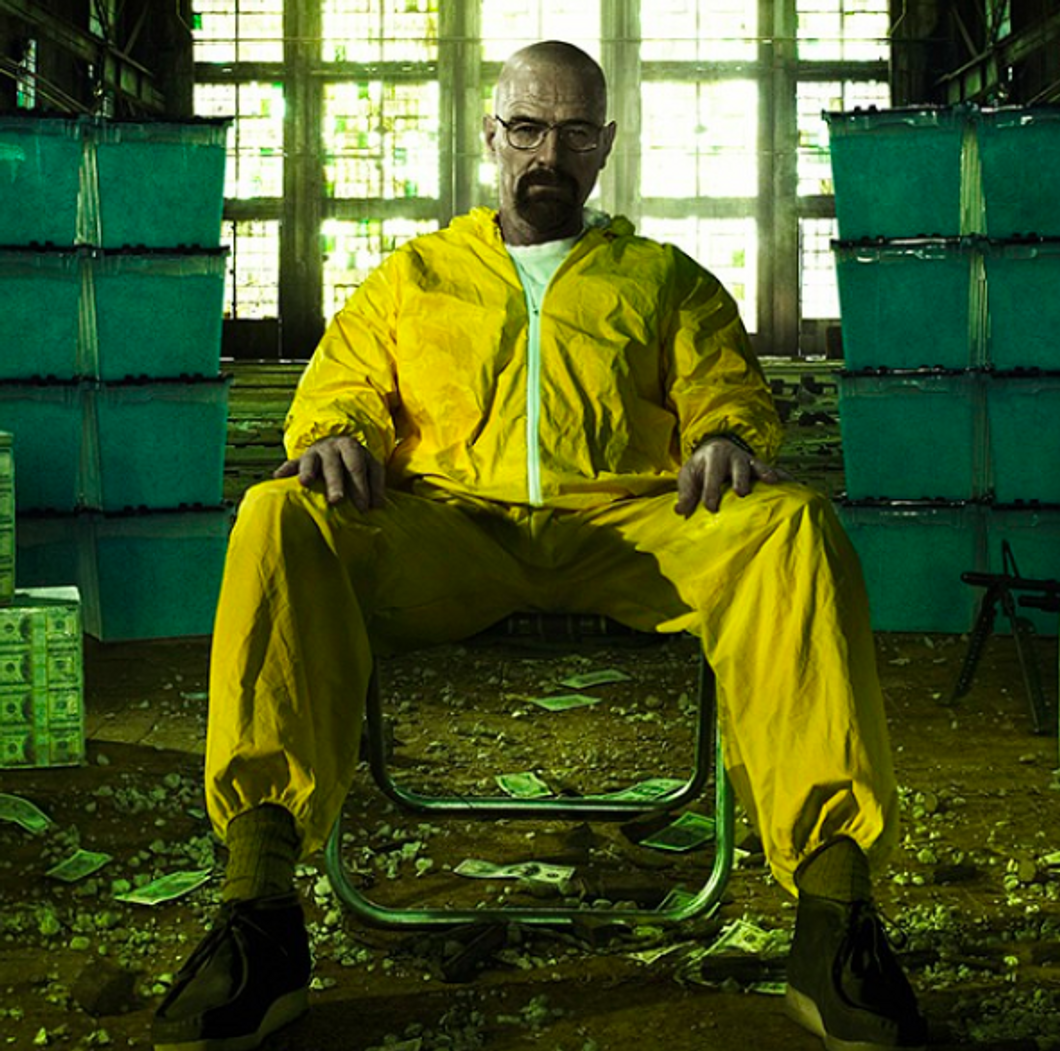
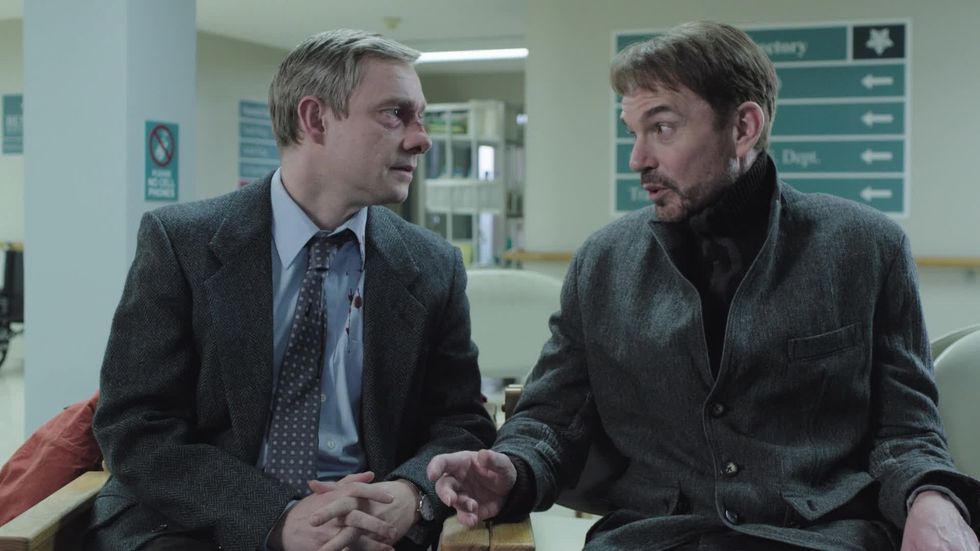
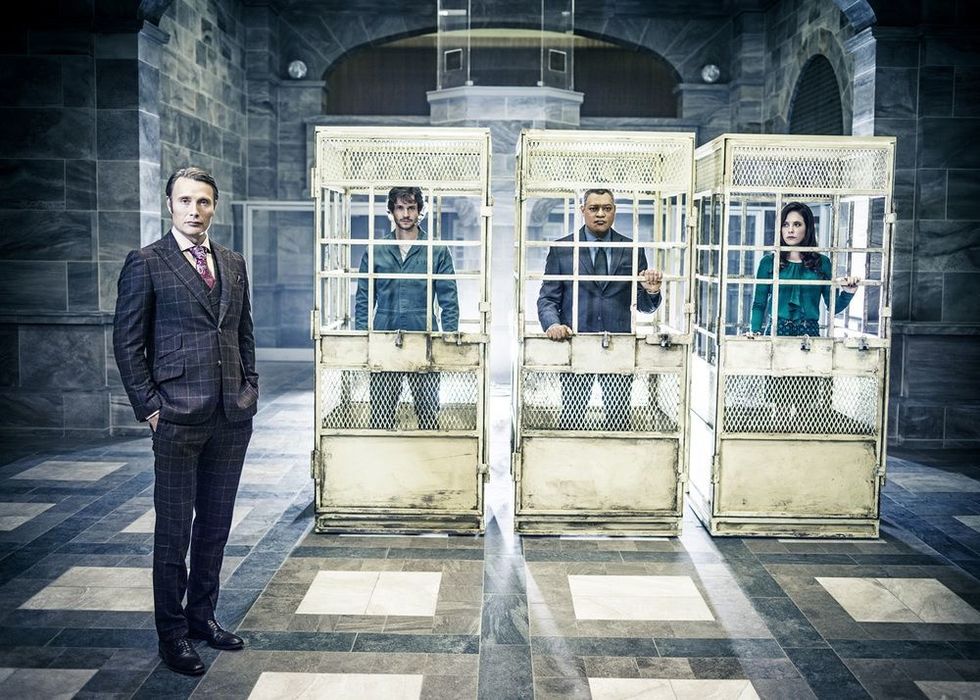
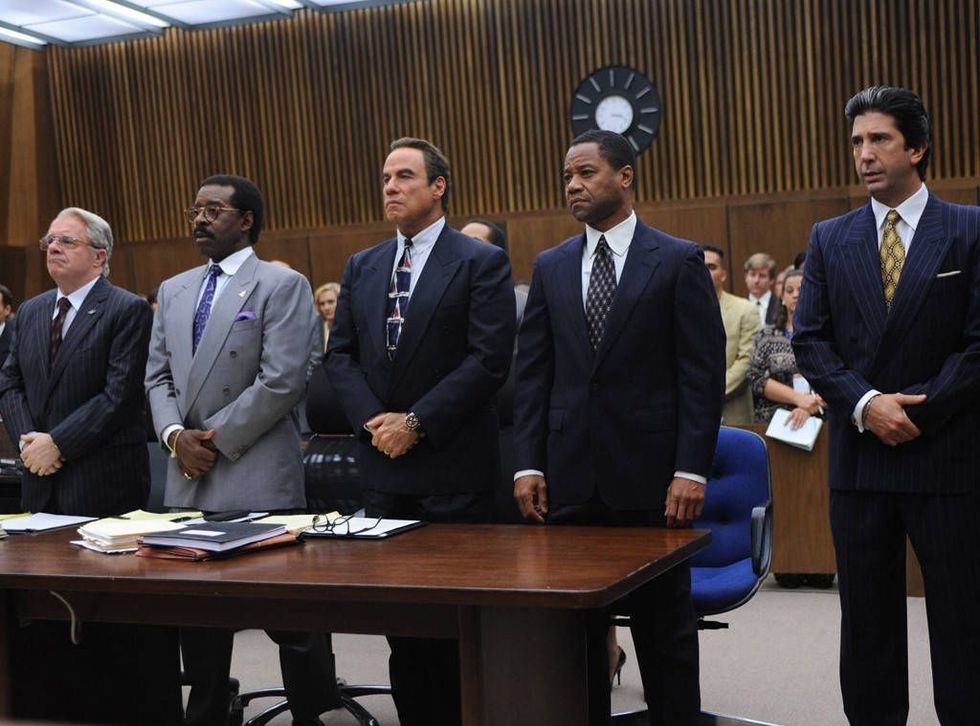
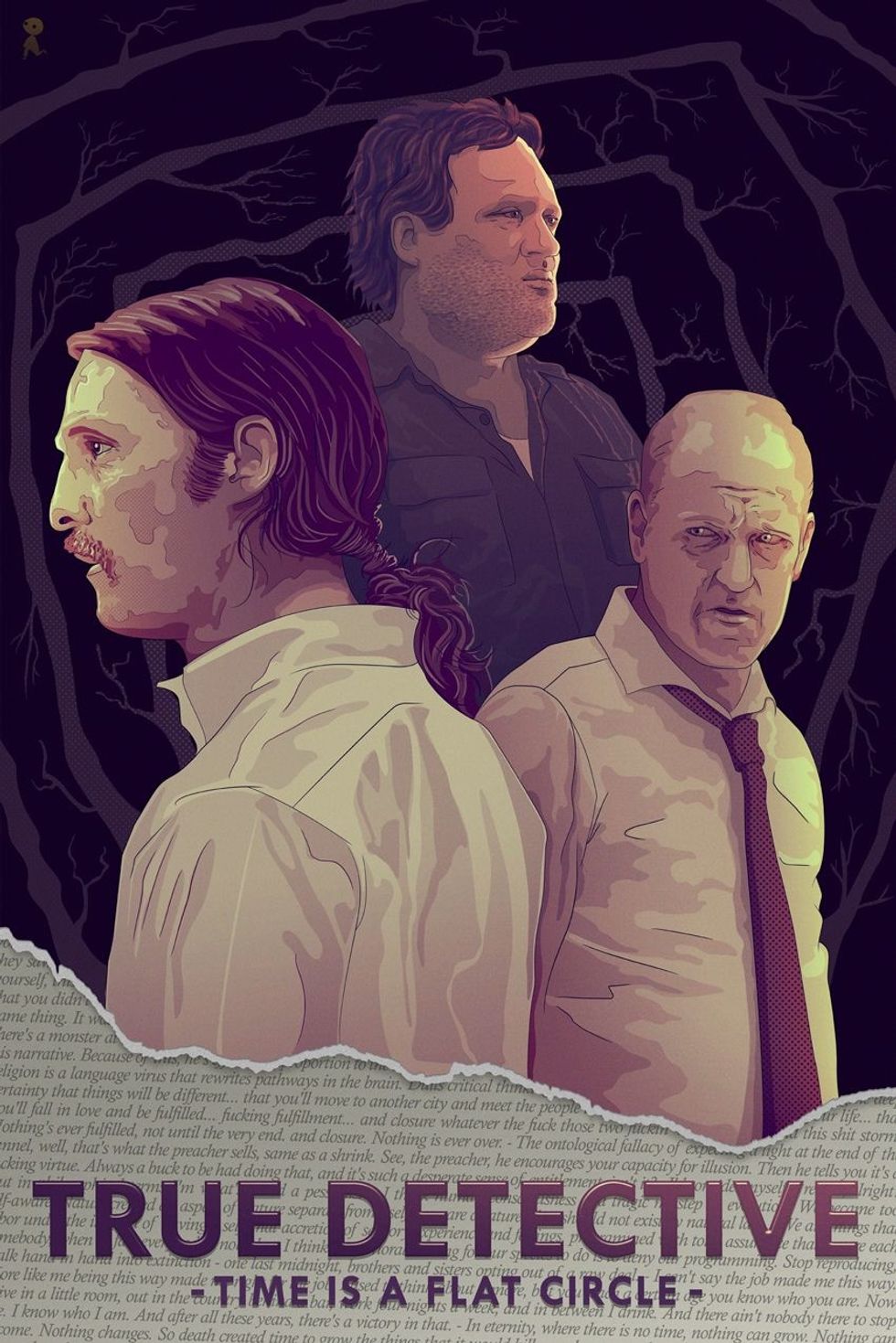

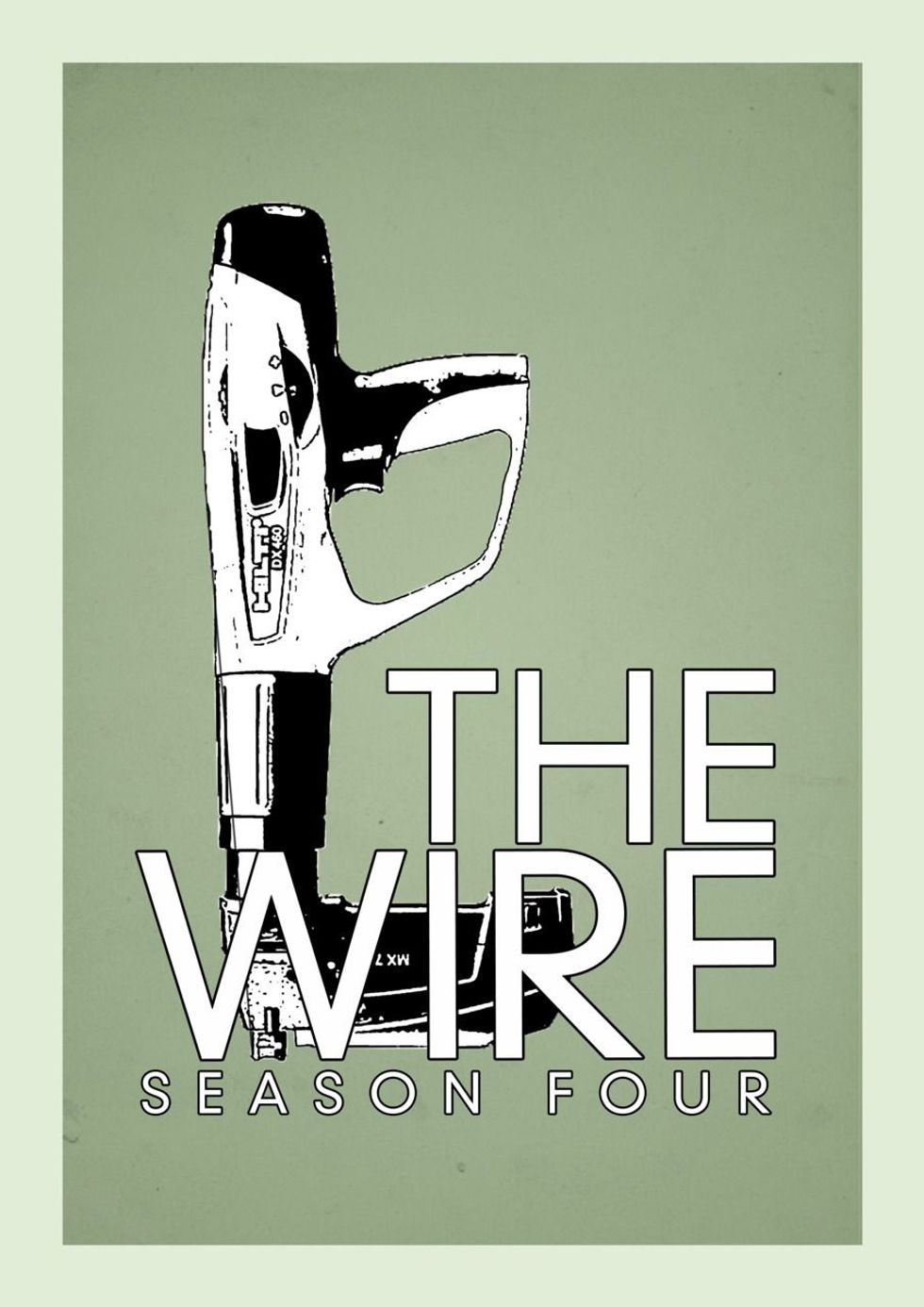
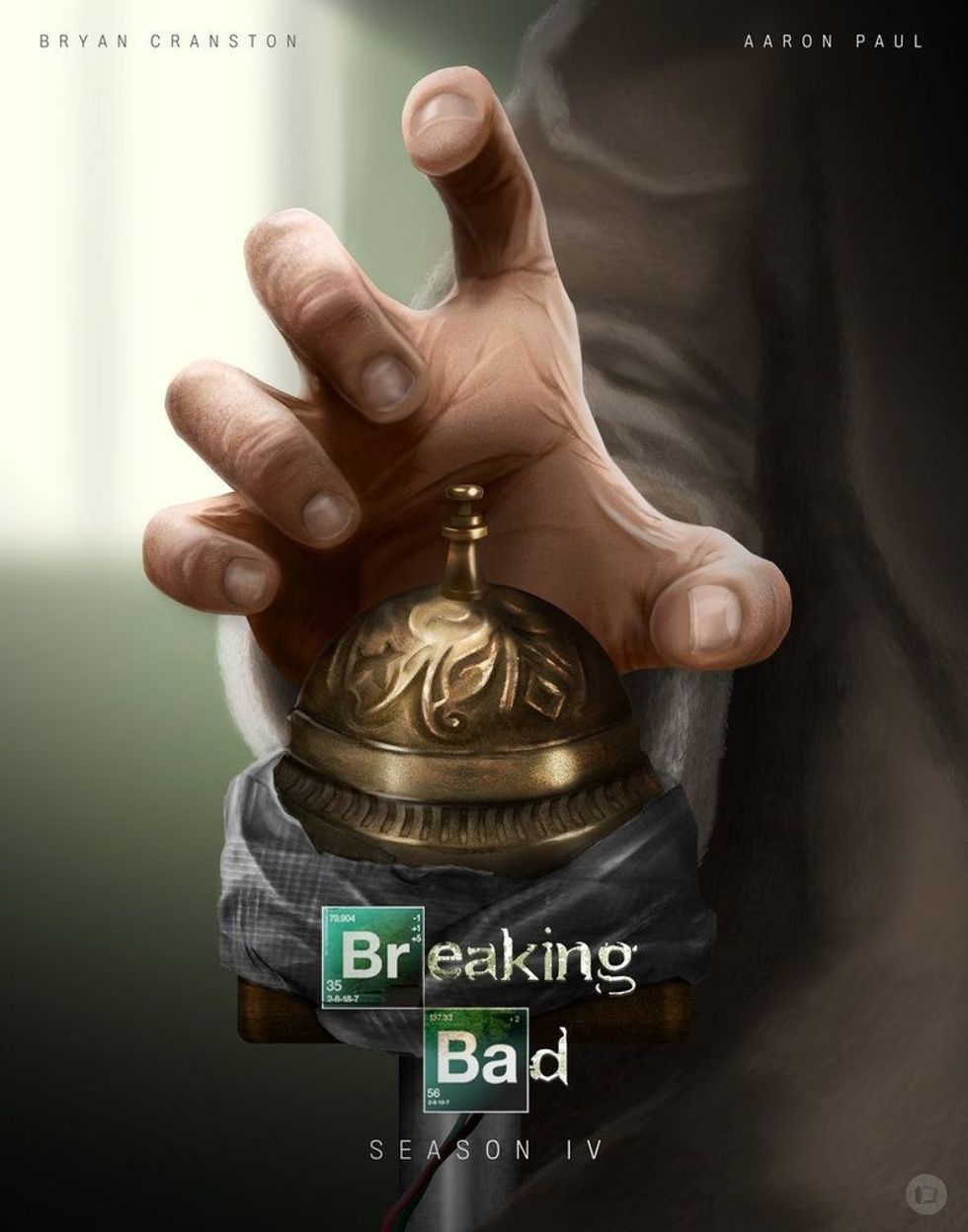
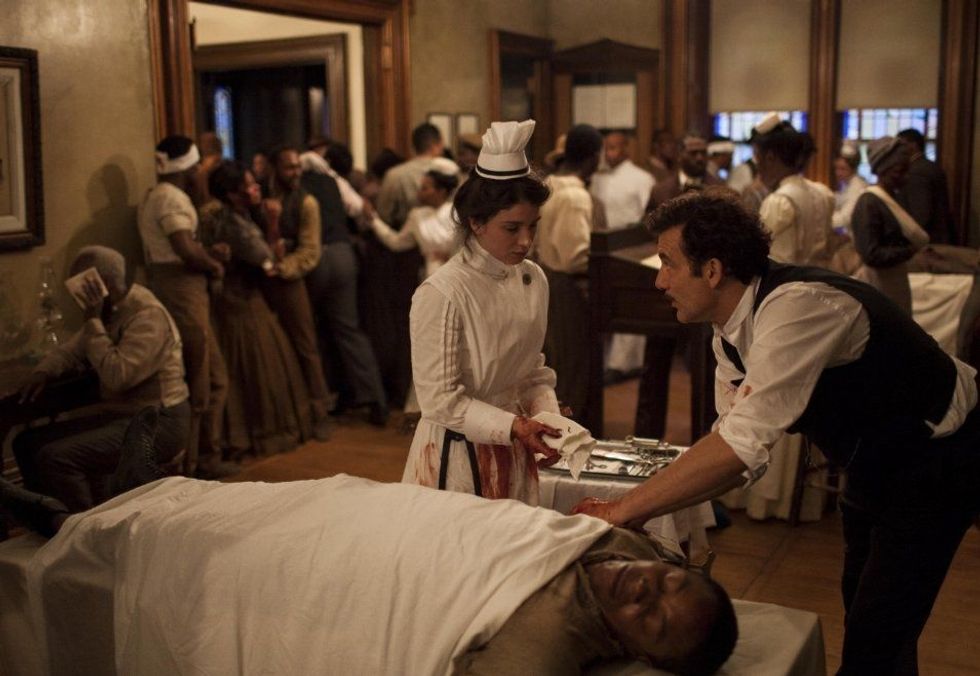

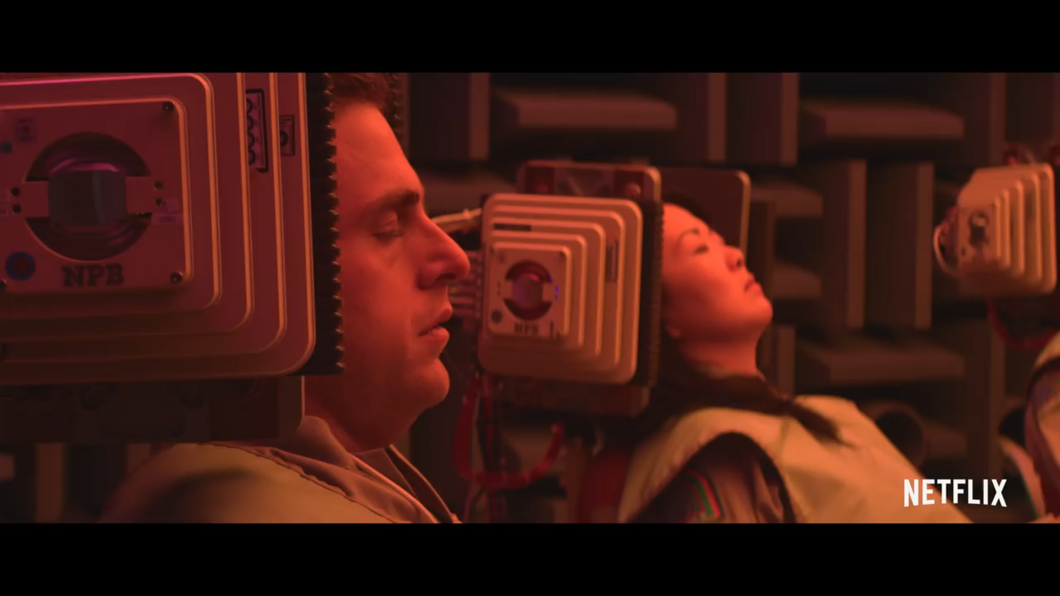
 Netflix's Castlevania
Netflix's Castlevania  Netflix's Maniac
Netflix's Maniac  Alien
Alien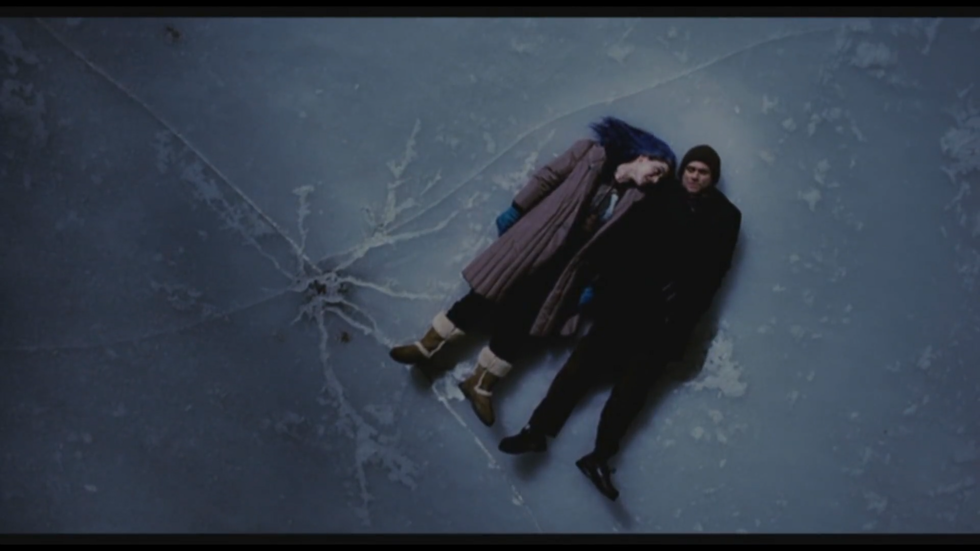 Eternal Sunshine Of The Spotless Mind
Eternal Sunshine Of The Spotless Mind Superbadhttps://www.youtube.com/watch?v=4eaZ_48ZYog
Superbadhttps://www.youtube.com/watch?v=4eaZ_48ZYog